


Every year, the Anti‑Bullying Alliance (ABA) brings together students, schools, parents and communities for a dedicated week of action against bullying. For 2025, Anti-Bullying Week runs from Monday 10th to Friday 14th November, with the theme: “Power for Good”.
This year’s theme is designed to empower children and young people to recognise the influence they have—both when they see bullying and when they might act in their own way. It reflects the idea that each of us, in our own homes, schools, online and in the playground, holds part of the solution.
The ABA consulted with pupils and teachers to choose this theme. They found that what many wanted wasn’t simply to “stop bullying” but to do something positive: support others, speak up, and make kindness and respect visible.
The week kicks off with Odd Socks Day on Monday 10 November, where individuals are encouraged to wear odd socks in schools, at home or in workplaces—to celebrate our uniqueness and promote acceptance.
Schools and youth settings can download free resource packs (for primary and secondary ages), including lesson ideas, assemblies, and activities to explore the “Power for Good” theme.
The campaign encourages social media engagement using hashtags like #AntiBullyingWeek and #PowerForGood. This helps spread awareness beyond the school gate—into homes, communities and online spaces.
Families, carers and staff are all invited to pledge their support and consider what they can do to make their environment more inclusive and bully-free.
Bullying remains a significant issue for children and young people—whether in person or online—and the lasting impact on mental health, self-esteem and well-being is well documented. Through this campaign, the ABA emphasises that silence and inaction help bullying persist.
By focusing on positive action (“Power for Good”), the campaign shifts the narrative from simply reacting to bullying to enabling everyone to be part of the solution. Whether that means speaking up, offering support to someone who’s been targeted, or creating an environment where respect and kindness are normal.
If you’re a teacher or school leader: download the resource pack for your age group and plan one or two meaningful activities for the week (e.g., a themed assembly, discussion groups, Odd Socks Day event).
If you’re a parent or carer: talk with your child about what “Power for Good” means in their world. Ask: How can I help someone who’s being left out or bullied?
If you’re a student: pick one small action you can take this week — perhaps compliment someone different, stand with someone at lunchtime, wear odd socks, share on social media — and see what ripple effect you create.
If you’re part of a workplace or community group: raise awareness of the week, invite staff or members to join in (wear odd socks, share posts, host a midday talk) and think about how you can make your space safer and more respectful.
By joining together, using our unique voices, and making kindness visible, we each hold Power for Good. Let’s use it to make bullying less likely — and respect more normal.
Check out: www.anti-bullyingalliance.org.uk/anti-bullying-week-2025/anti-bullying-week-2025
Here are some useful links from Breathe:
“Toolkit & Resources – Bullying” — A more in-depth article about bullying’s impact and prevention.
https://breathe-edu.co.uk/topic/toolkit-resources-bullying-full-description/
“Bullying Prevention: Activity Ideas” — A downloadable PDF with class-friendly activity ideas you can use during the week.
https://breathe-edu.co.uk/wp-content/uploads/2021/07/Bullying-Prevention-Activities.pdf
Where as the Early Years, Primary school and Secondary school sections provide information for strengths based ideas and conditions relevant to those particular age groups, this Toolkit provides information on topics that are not age specific and includes elements that will be useful for teachers that do not have to fit into an age range, but are more all encompassing.
In this section you’ll find the full Resource library as well as a variety of more specific articles touching on topics such as Gender Identity, how to engage young people to discuss mental health topics, transitioning between key stages and many more.

( resources found)









































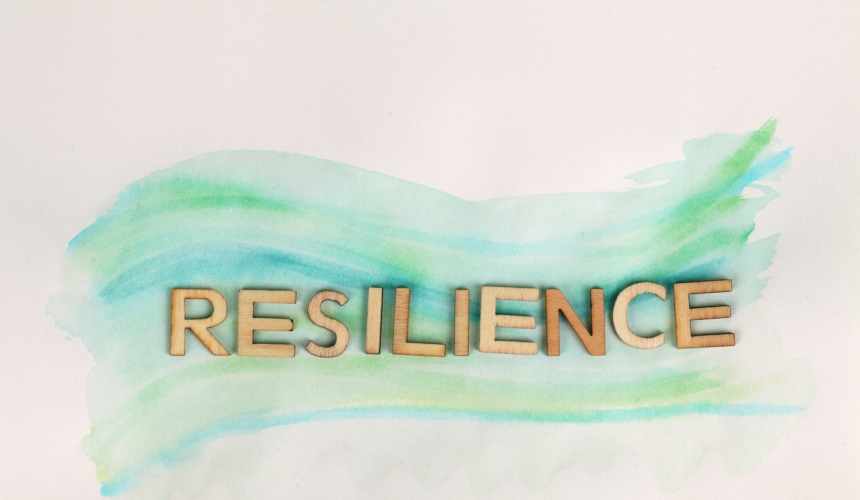











































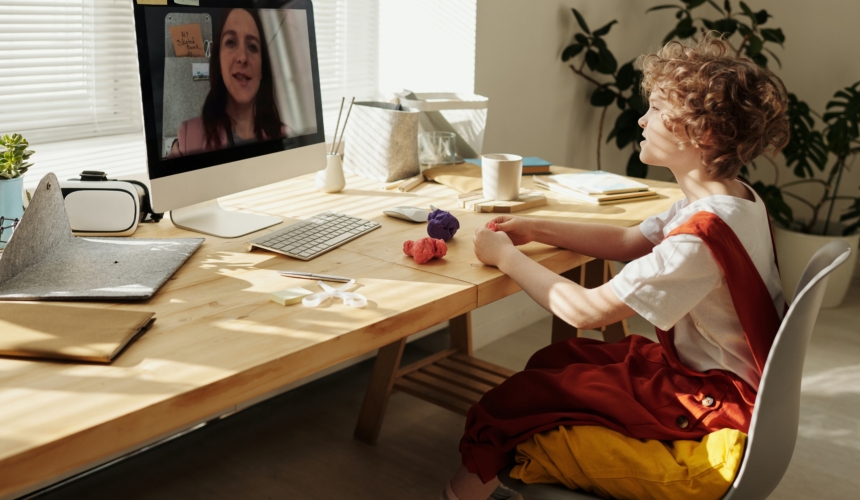








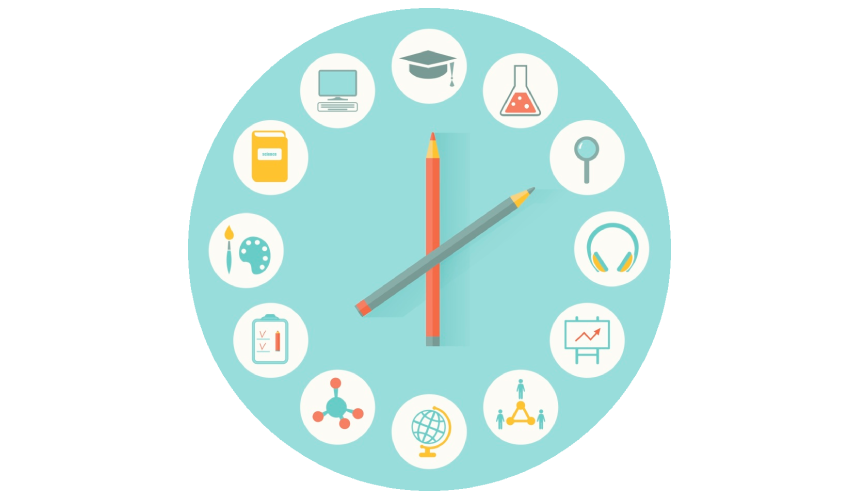
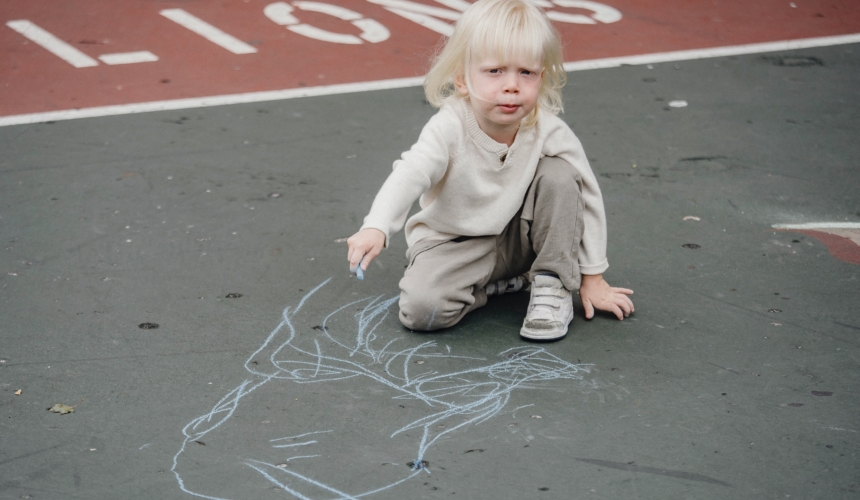



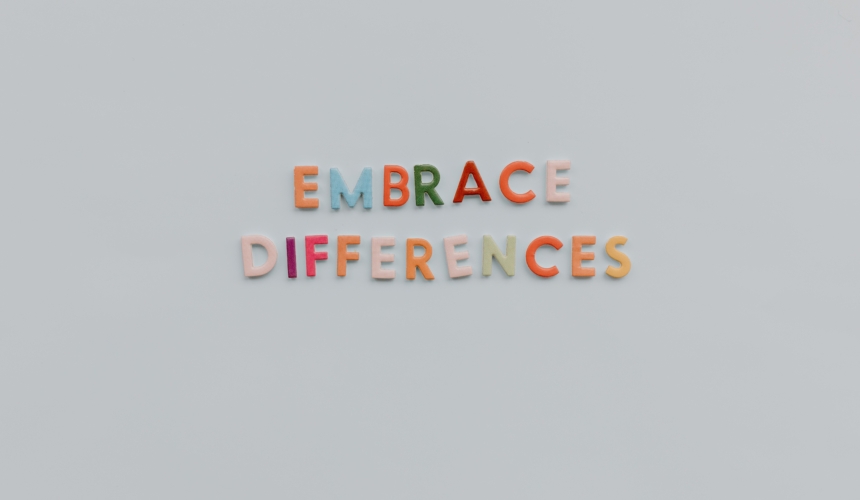





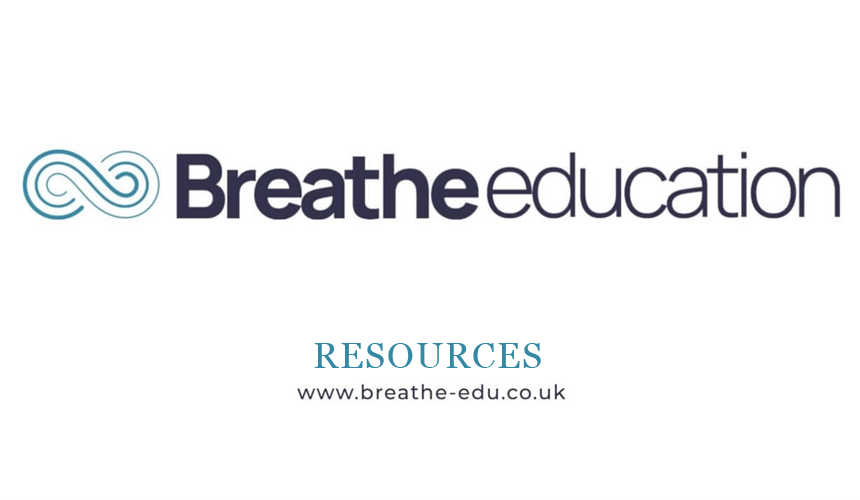





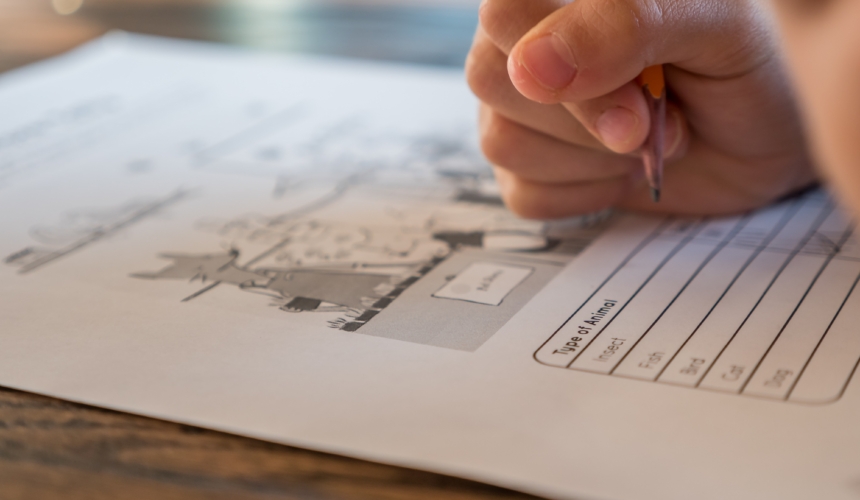





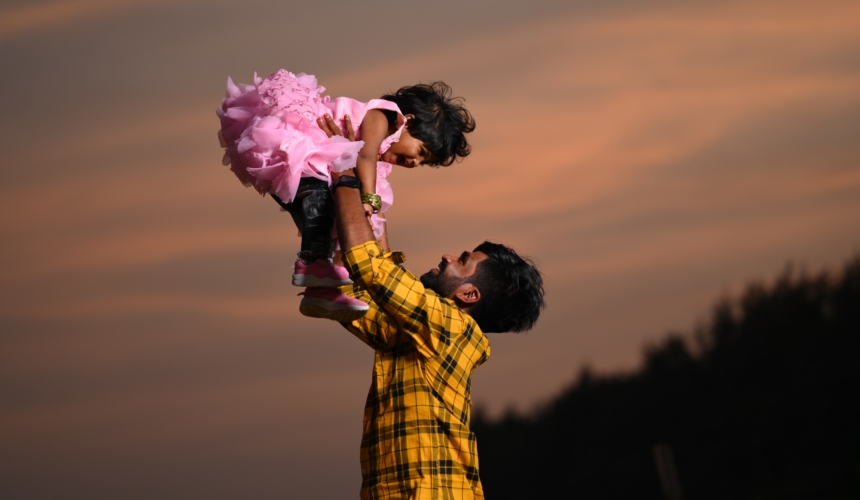







































How useful was this info?
Click on a star to rate it!
![]()
© Copyright Breathe 2020- 2024
Terms and Conditions | Privacy Policy
supporters & partners 



![]()
